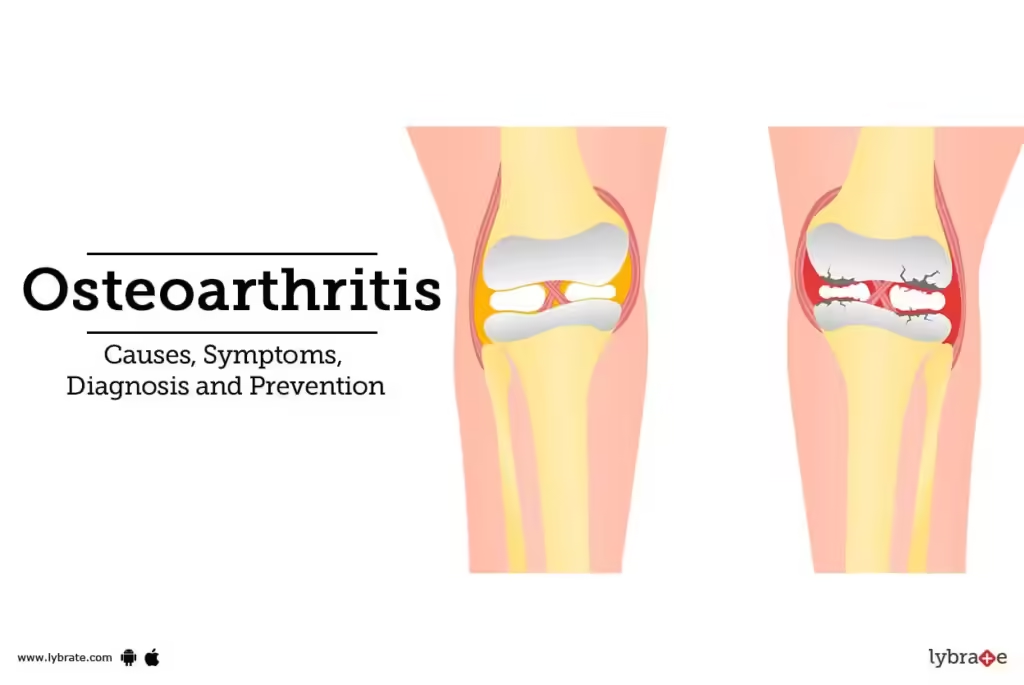Inflammation, while essential to our immune response, can lead to chronic health issues when persistent. Fortunately, everyday habits can help reduce inflammation. Here’s a deep dive into daily practices that ease inflammation.
1. Balanced Diet for Inflammation
Foods rich in antioxidants, fiber, and omega-3 fatty acids have anti-inflammatory properties.
• Fruits & Vegetables: Brightly colored fruits and green leafy vegetables contain vitamins C, E, and other antioxidants that reduce inflammation.
• Omega-3s: Found in fatty fish like salmon and walnuts, omega-3 fatty acids help reduce inflammatory markers.
• Whole Grains: Brown rice, quinoa, and oats have high fiber, stabilizing blood sugar and lowering inflammation.
• Herbs & Spices: Turmeric, ginger, and garlic contain anti-inflammatory compounds that can reduce symptoms over time.
2. Regular Physical Activity
Exercise reduces inflammation by regulating immune responses.
• Aerobic Exercise: Activities like walking, swimming, or cycling for 150 minutes per week are beneficial for inflammatory control.
• Strength Training: Weightlifting improves muscle tone, which can reduce inflammation by enhancing metabolic health.
• Stretching & Yoga: Low-impact exercises relieve joint tension and support cellular health.
3. Healthy Sleep Patterns
Quality sleep allows the body to repair and reduces inflammatory stress.
• Sleep Routine: Aim for 7-8 hours of uninterrupted sleep. Go to bed and wake up at consistent times.
• Relaxation Techniques: Meditation, deep breathing, and light stretching before bed can improve sleep quality.
4. Stress Management
Chronic stress is linked to inflammation. Managing stress through daily practices helps mitigate its effects.
• Mindfulness: Meditation helps calm the mind and lowers cortisol levels, reducing inflammation.
• Breathing Exercises: Practicing deep, controlled breathing techniques can activate the body’s relaxation response.
• Engage in Hobbies: Doing what you enjoy can significantly reduce stress hormones and inflammatory markers.
5. Avoiding Common Inflammatory Triggers
Certain habits and foods exacerbate inflammation.
• Limit Processed Foods: Trans fats, added sugars, and refined carbohydrates are known inflammatory agents.
• Quit Smoking: Smoking causes inflammation throughout the body and damages cellular structures.
• Limit Alcohol: Moderate alcohol intake, if any, is advised, as excess can increase inflammation.

6. Stay Hydrated
Proper hydration is crucial for cellular function and inflammation regulation.
• Water Intake: Aim for 8 glasses a day, or more if you exercise. Hydration helps the body flush out inflammatory toxins.
7. Vitamin D & Sunlight Exposure
Vitamin D deficiency is linked to inflammation.
• Sun Exposure: Try to get 10-30 minutes of sunlight daily. It boosts vitamin D levels, improving immune health.
• Supplements: If sunlight isn’t an option, consider a vitamin D supplement to maintain optimal levels.
8. Mindful Eating Practices
Eating mindfully aids digestion, which in turn lowers inflammation.
• Eat Slowly: Taking time to chew and savor food allows for better digestion and nutrient absorption.
• Avoid Overeating: Excess calorie intake is linked to higher levels of inflammation.
Incorporating these habits into your routine can make a substantial difference in reducing inflammation, promoting overall health, and preventing chronic illnesses.











































